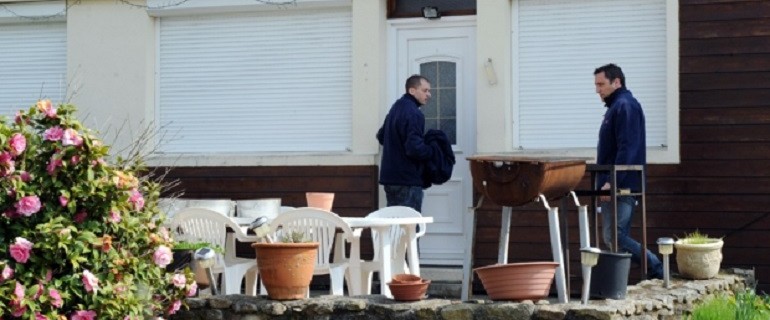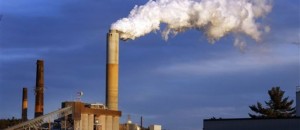It's a naturally occurring radioactive gas that can seep through cracks and crevices in houses and other enclosed spaces — and can cause lung cancer. Yet many Canadians aren't even aware of its existence or the health risk the substance can pose.
Radon, a colourless and odourless gas emitted through soil, is believed to be responsible for 16 per cent of lung cancer deaths in the country each year, making it the second-leading cause of lung cancer fatalities after tobacco use, says the Canadian Cancer Society. It's estimated that 3,000 Canadians die from lung cancer caused by radon annually.
Yet a national survey commissioned by the society found that only one in three respondents was aware of health issues concerning radon gas, while about the same proportion knew the radioactive gas could be “very harmful.” About one-quarter of the 1,238 respondents had no idea it posed a health risk at all.
“Because it is a gas, it gets inhaled,” said Gillian Bromfield, director of cancer control policy. “Once inhaled into the lungs, it can do damage.”
Radon is released into the air as soil and rocks containing uranium gradually break down. Outdoors, released gas is quickly dispersed and levels are low. However, when radon enters buildings through foundations, joints and vents, it can accumulate in higher concentrations — particularly in basements, which are often poorly ventilated.
The risk of developing lung cancer depends on how much radon a person is exposed to, how long their exposure is, and whether they smoke. The risk of lung cancer due to radon gas is much higher among people who smoke than those who don't use tobacco, Bromfield said.
Despite the potential danger, the survey found 96 per cent of respondents had not tested their houses for radon, although half said they would move if the gas were detected in their homes.
Janet Whitehead, 60, had never smoked, so she was stunned to learn five years ago that the breathlessness and persistent cough she'd been experiencing were symptoms of lung cancer.
Whitehead and her husband had moved to Vancouver from Ontario, where the family had lived in Cornwall and Ottawa, so they “decided to explore it, to look further into what might have caused it,” she said.
They sent radon test kits to the owners of their former homes.
Read more: Radon gas levels in homes need to be checked, lung cancer experts say






